
Indian IT’s AI Talks Get Louder as Revenues Go Mute
As Wipro, TCS, and HCLTech continue championing their GenAI ambitions, the gap between grand narratives and actual numbers is only widening.
Technology leaders driving digital transformation and building AI-first solutions.

As Wipro, TCS, and HCLTech continue championing their GenAI ambitions, the gap between grand narratives and actual numbers is only widening.
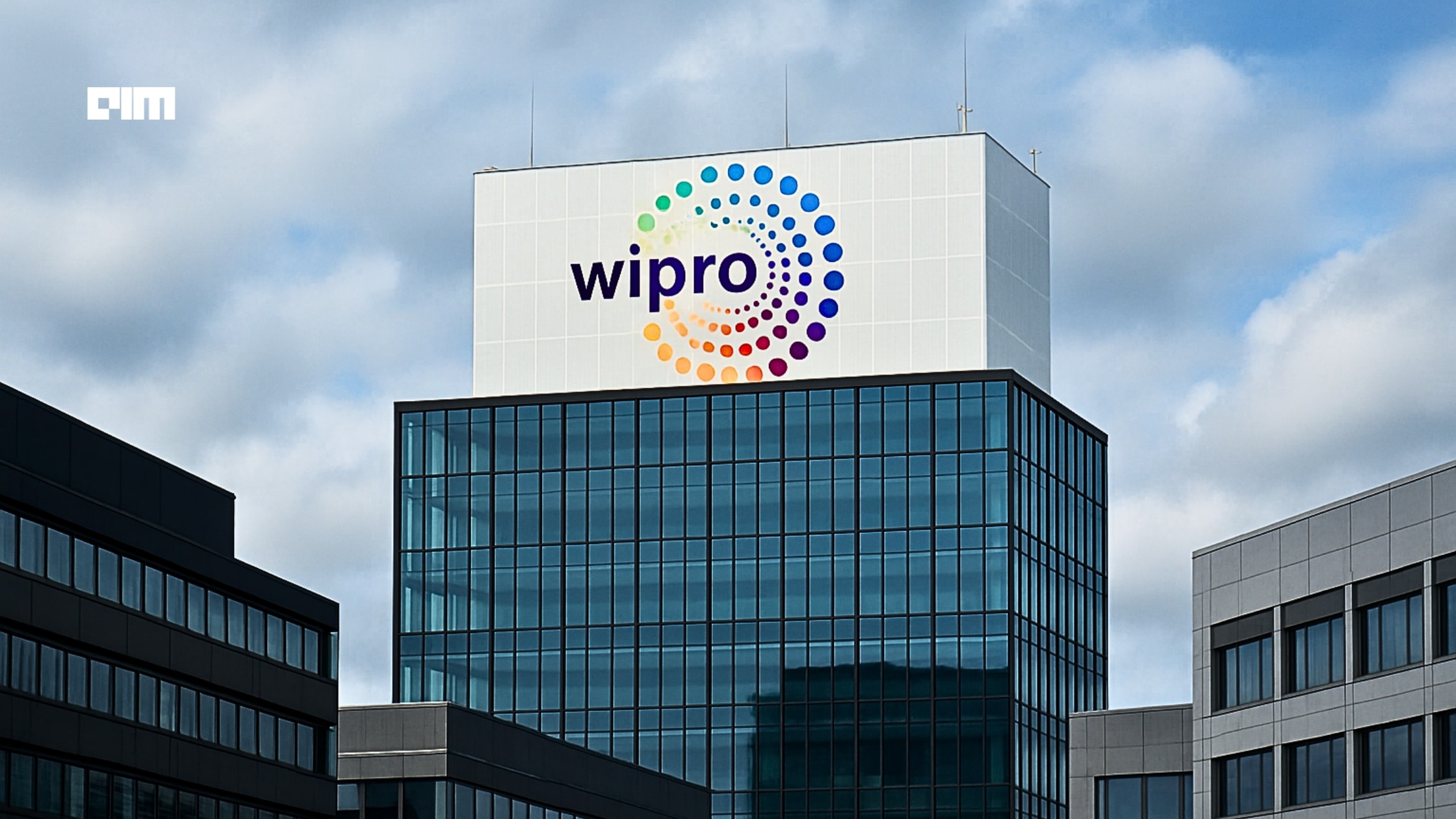
Wipro has developed over 200 AI agents for enterprises, and the CEO stated that the company is witnessing a clear shift towards AI investments.
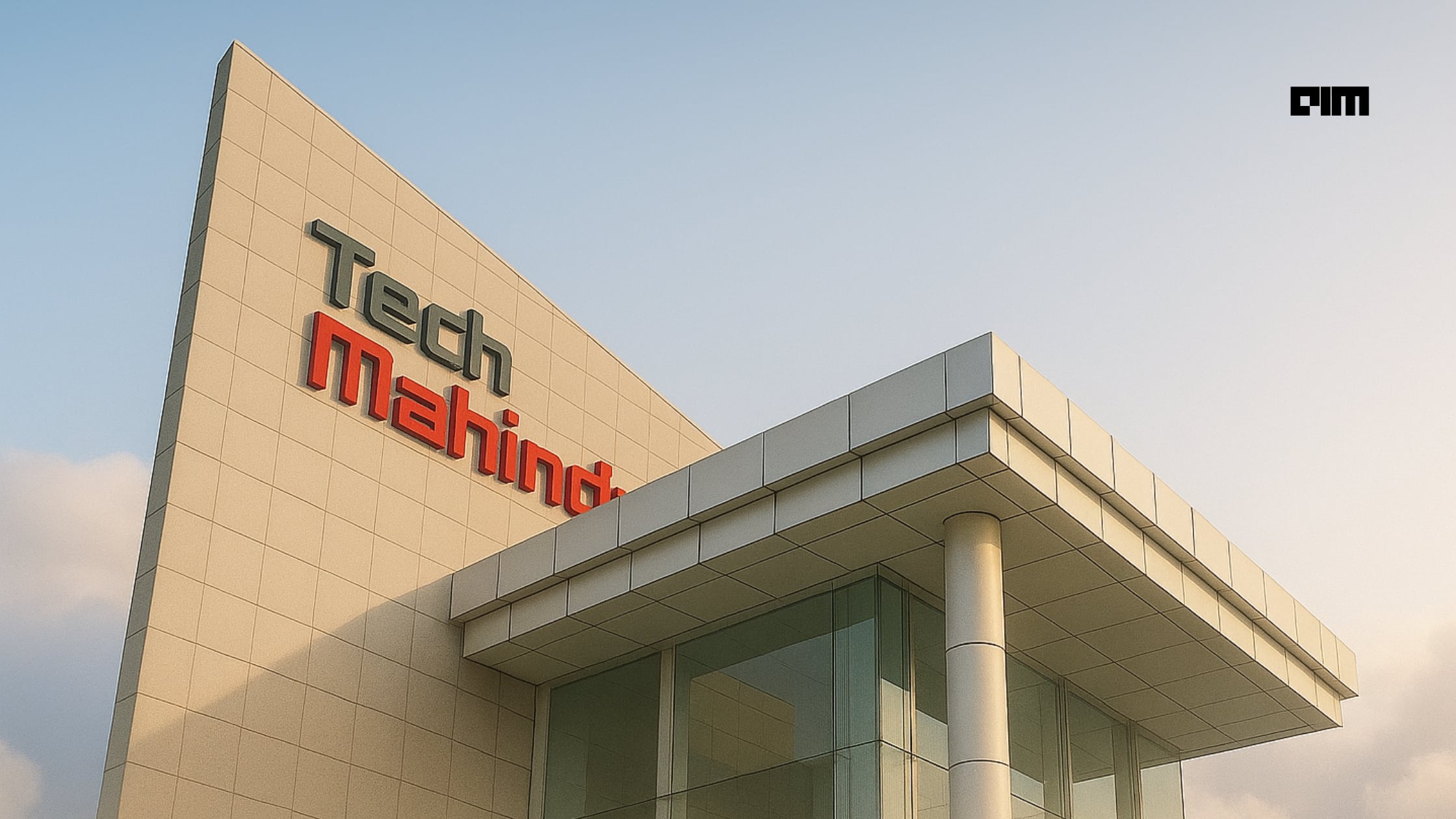
The company built 200+ enterprise AI agents and bagged new deal wins worth $809 million this quarter.
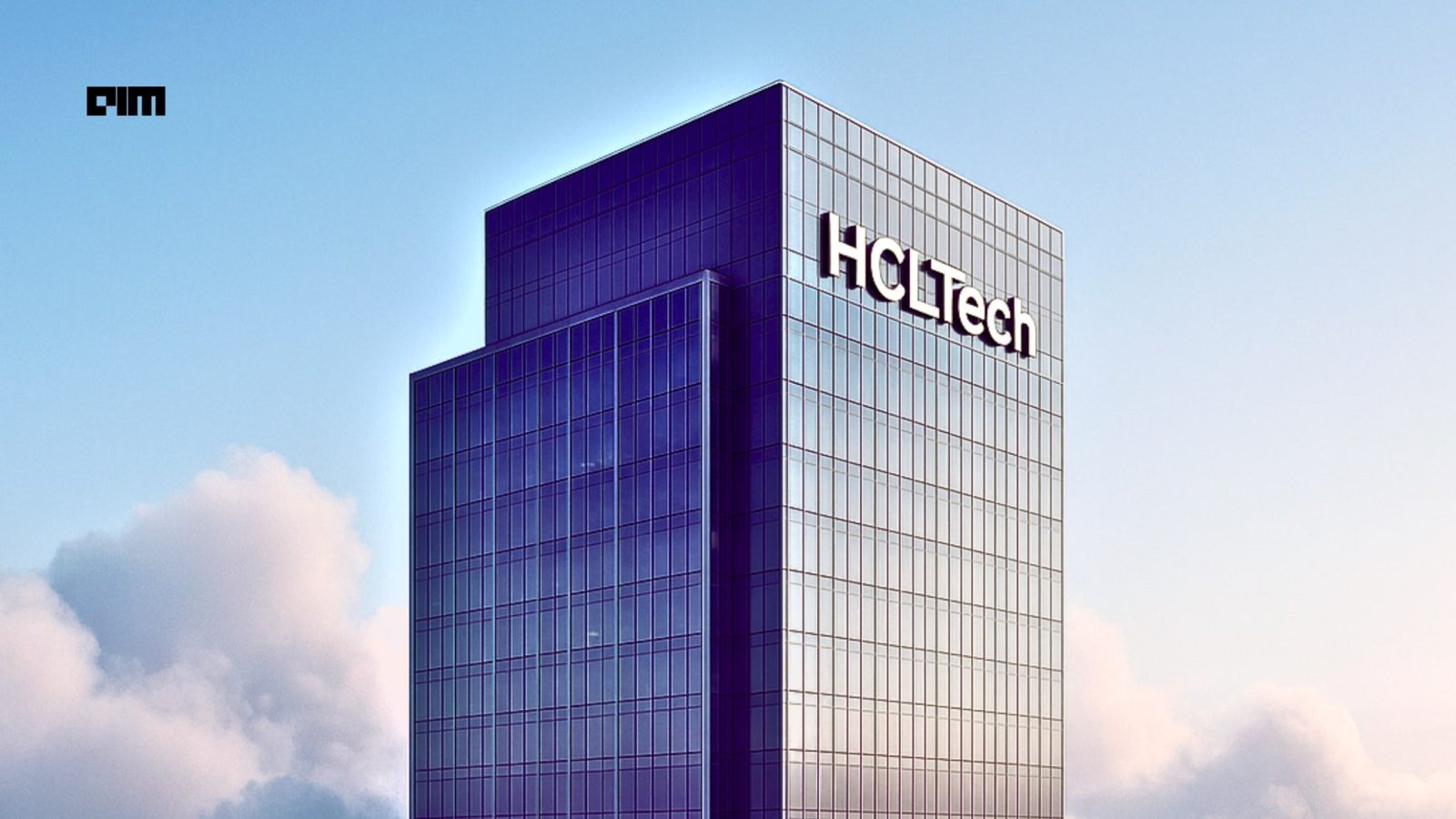
This time, the firm reported nine exclusive generative AI deals, down from 12 in the last quarter.

No specific AI-led deal wins were disclosed, nor was there evidence that GenAI services have offset the broader demand slowdown.

Indian IT doesn’t need another wave of freshers. It needs to improve how it treats the existing staff before hiring a lakh more this year.
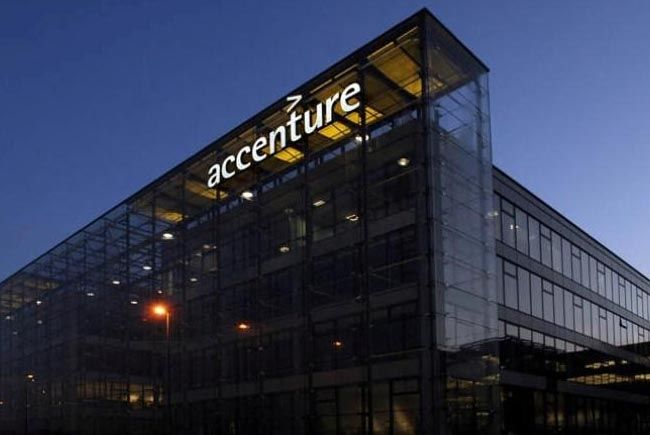
While the company’s unified services signal ambition in the AI era, leadership churn, scale complexity, and cultural inertia may hinder success.

Analysts predict a muted Q1 for the Indian IT sector in 2025-26, influenced by geopolitical headwinds, tariff uncertainties, the GCC boom, the US economic slowdown, and notably, the industry’s legacy challenges.
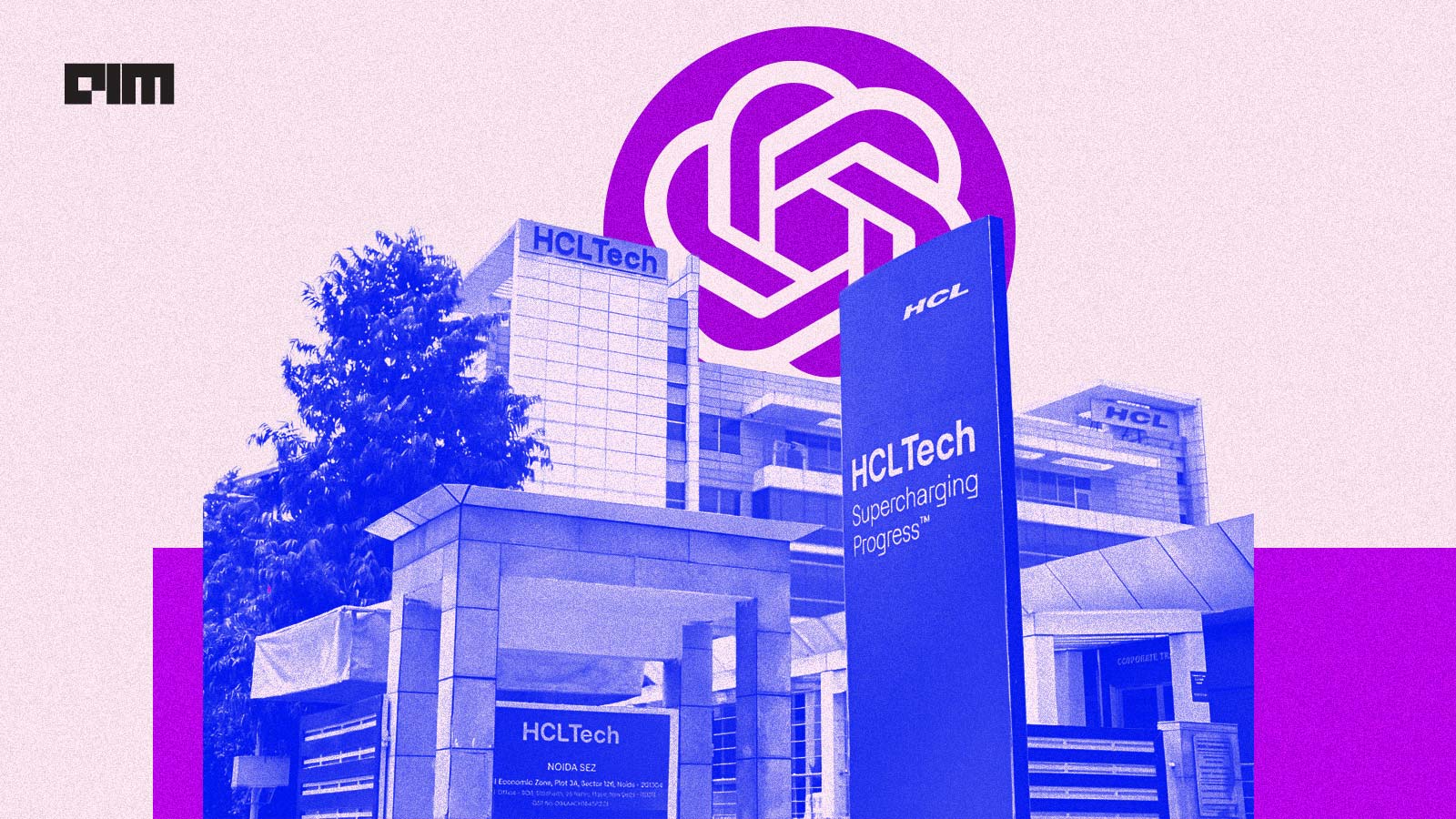
Will other IT giants follow suit?

Tech companies are transforming through AI-led productisation, demanding client-centric delivery, regulatory readiness, and talent with deep tech-business integration.

Accenture is already cashing in on generative AI. Indian IT is still talking about PoCs.

How long can Indian IT firms continue to grow when clients are stuck in decision limbo?

The company’s GenAI projects move beyond pilots, delivering real ROI, while clients face cloud, cost, and workforce challenges at scale.

While Cognizant and HCLTech have promoted internal talent, Tech Mahindra and Wipro have opted for external hires.

“Invest-now, earn-later” mindset seems a common approach among Indian IT on GenAI.
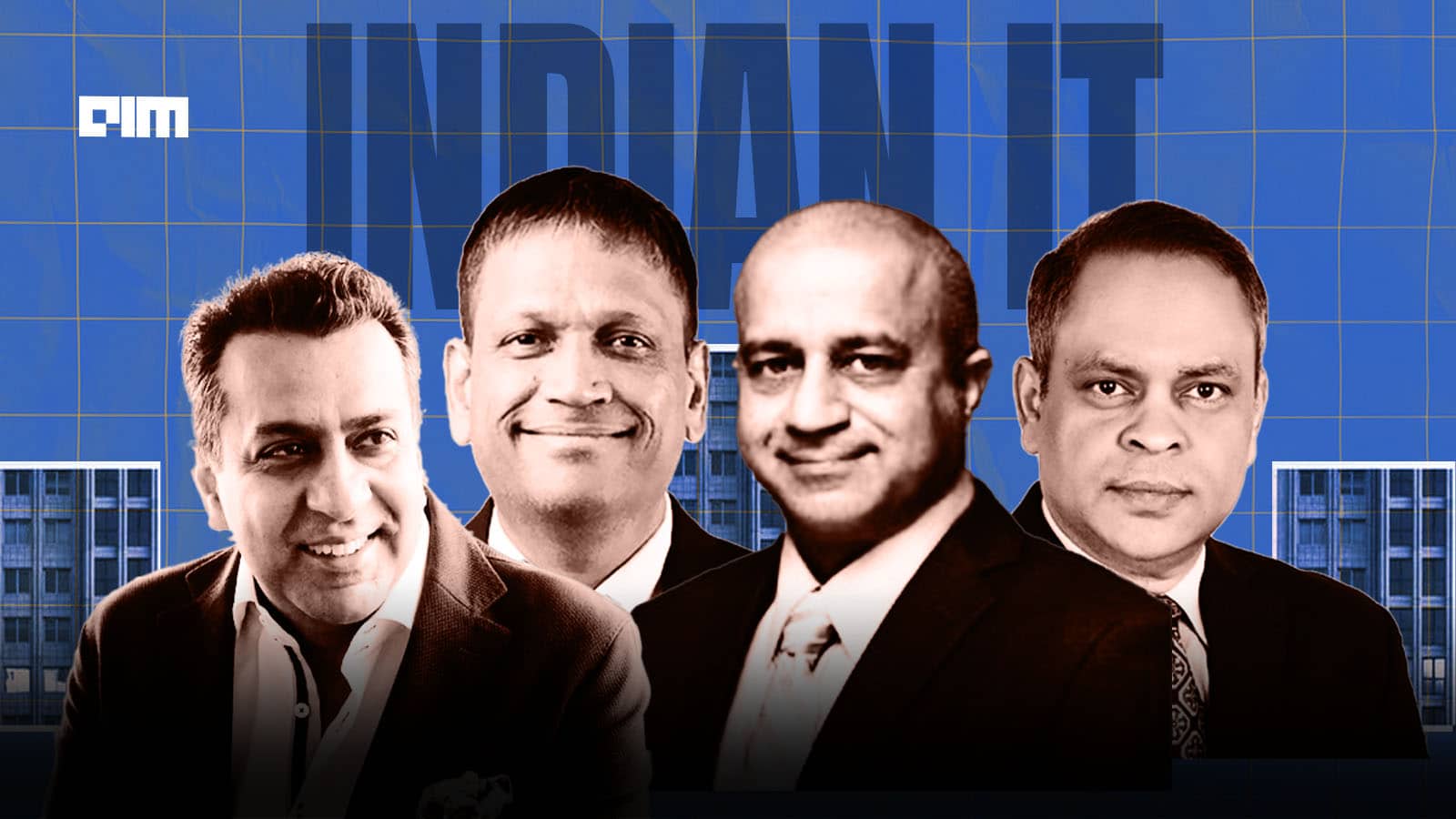
The CEOs of these mid-sized firms have all been in the driver’s seat for years—each with more than five years at the helm, driving great revenue growth.

While Indian IT firms are busy stuffing AI into every press release and earnings call, ServiceNow is out there showing what real AI monetisation looks like.

Analyst expects large IT firms to maintain a healthy pipeline of fresh talent but stagger joining dates until new businesses materialise.

For mid-sized Indian IT firms, acquisitions and partnerships related to agentic AI over the last three quarters have begun to yield results.

The mood across India’s top IT firms—TCS, Infosys, HCLTech, Wipro, and Tech Mahindra—is one of caution, as gauged from their Q4 FY25 earnings calls.


CEO C Vijaykumar didn’t disclose any specific vertical where generative AI deals were awarded, but said that it is part of almost all deals.
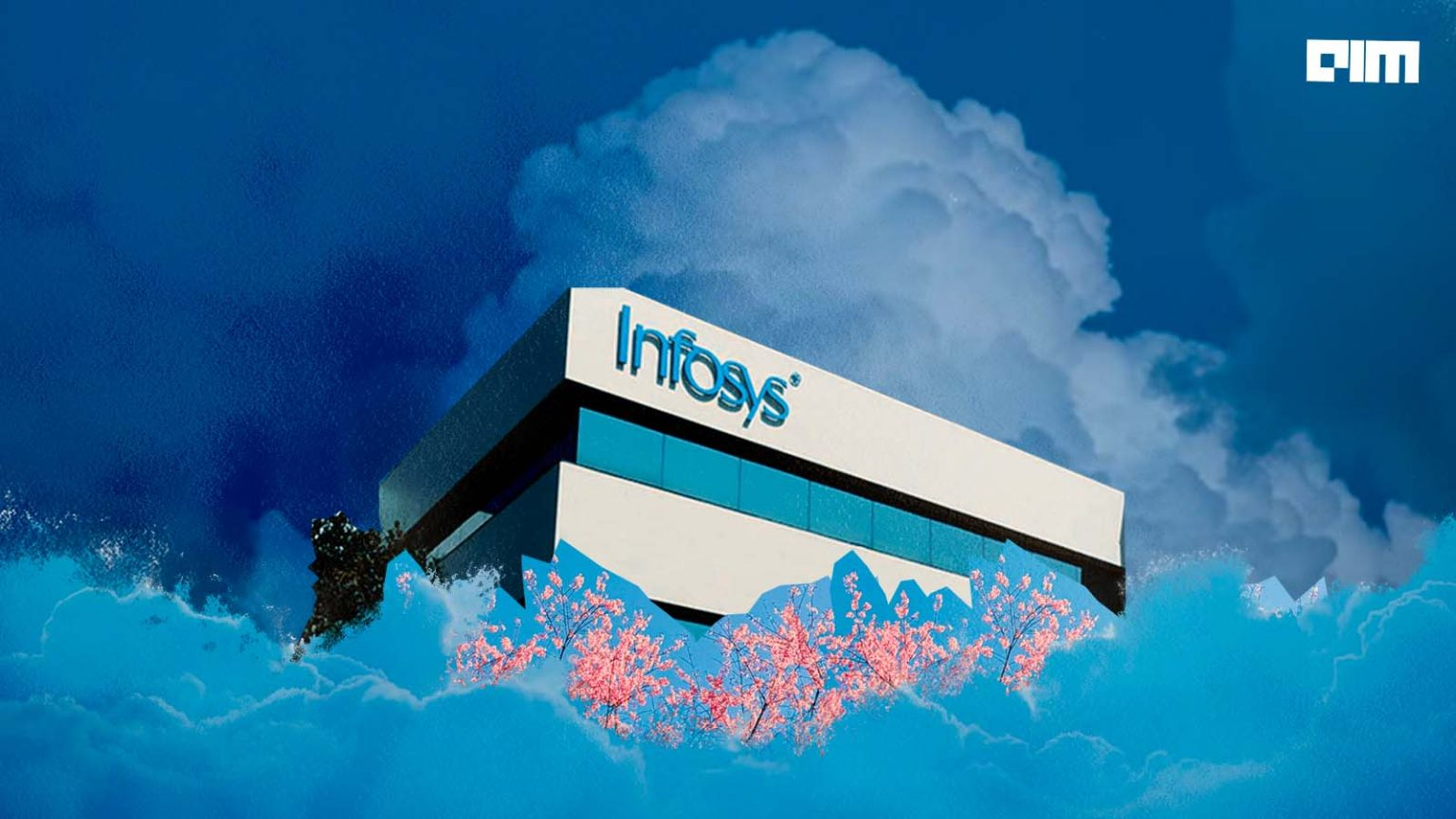
Attrition increased to 14.1% in Q4, up from 12.6% a year ago. The total headcount of the firm currently stands at 3,23,578, which is up from 3,17,240.
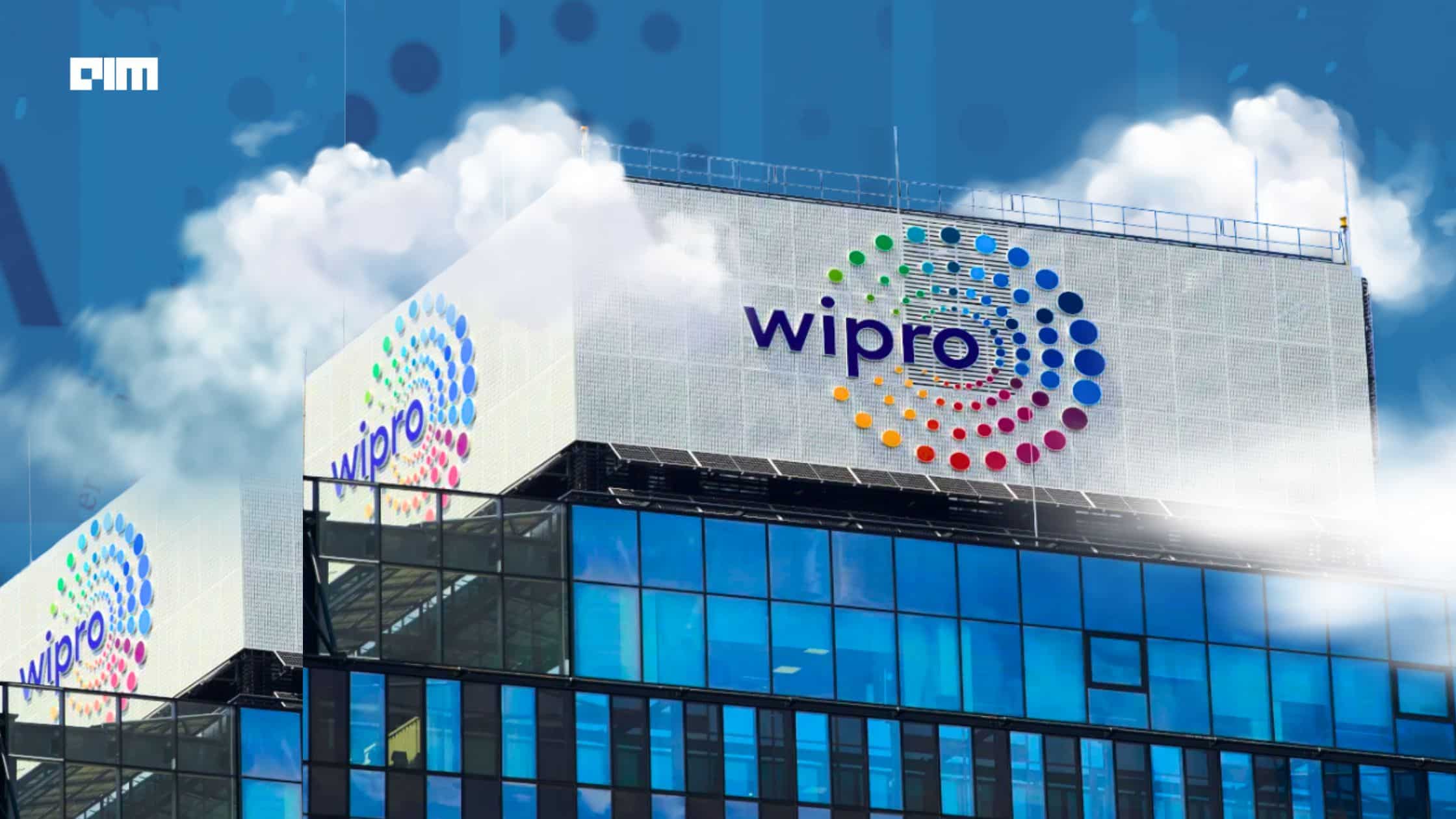
For the year ending March 31, Wipro reported gross revenue of $10.4 billion, reflecting a 0.7% decline year-over-year.

The company currently runs over 200 agentic use cases in production, generating $325 million in annual savings.

Total revenue for TCS crossed $30 billion for FY25—an increase of 3.8% YoY.

Accenture’s results come as India’s top five IT firms prepare to release their financials next month, with some struggling to maintain growth and others slipping into negative territory in recent quarters.

AI tools are looking to make the future difficult for Indian IT firms.

Several earlier reports revealed that most Indian engineers at Indian IT do not know how to do basic programming.

If India can surpass the security issues with DeepSeek, the model’s low cost will play a big role in its adoption, Kanchan Ray said.